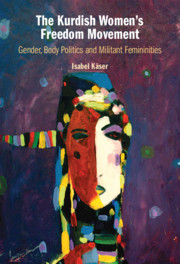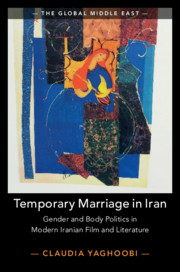After Putin’s return to the Russian presidency in 2012, a further turn toward authoritarianism has been coupled with attacks on Western secularism, multiculturalism, and alleged moral decay. At home, the Kremlin has been increasingly preoccupied with defining and addressing problems related to citizens’ bodies, linking “traditional values” to national security. Central to this discourse are issues relating to reproductive norms. This analysis uses the Foucauldian concept of “biopower” as an epistemic point of departure in an attempt to understand the central role of reproduction in the Kremlin’s identity project. Administering the bodies of a population simultaneously produces and delimits that population according to bodily criteria. Thus, this “bodily turn” in Russian nation-building may be understood as “bionationalism,” a depoliticizing style of nationalism that relies on biopolitical techniques. The analysis explicates the mechanisms of this style of nationalism: how and why this discourse functions, legitimates problematic practices, excludes “abnormals,” expands the state into the everyday lives of citizens, and marginalizes and even securitizes alternative notions of national identity. Putin’s bionationalism may be read as an existential nationalism and thereby as producing a specific mobilizational context.



